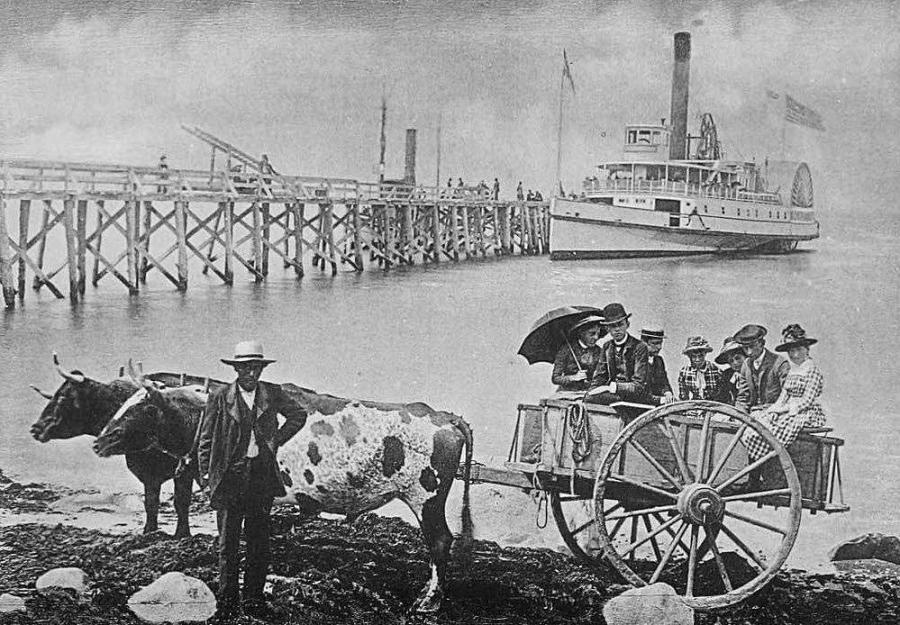Post-Cold War international developments have provided new challenges to the field of conflict resolution. Culture, resources and conflict now delineate a complex web of inter-relationships that are among the international community's most pressing concerns. The focus of the Fall 1995 issue of Cultural Survival Quarterly (CSQ) on culture, resources and conflict is part of an international endeavor to examine and improve the practice of alternative dispute resolution in intercultural contexts. This effort began with the first of what is hoped to be an ongoing series of meetings of intercultural negotiation specialists in late May, 1995 which was convened by Conflict Management Group, Inc. in Cambridge, Massachusetts. This CSQ issue continues that effort by offering case studies in which an international group of authors provides their experience and thoughts.
In 1991, Cultural Survival reported that "The era of the resource wars is just beginning. At stake is not only the issue of ownership but the value of resources and who has the right to issue of ownership but the value of resources and who has the right to manage and consume them." Since that time, the premise underlying the notion of "resource wars" has expanded to include the opportunity for environmental protection, the growth of ethnic self-determination, the linkage of resources to cultural identity, and the tie to sustainable economic development of the host culture and region.
Important ecosystems such as arctic tundra, tropical rain forests, coastal zones, wetlands, and semi-arid rangelands are under continued pressure for development worldwide. Many of these ecosystems are inhabited by indigenous peoples. Environmental protection can best be achieved by developing true partnerships with local populations rather than by relying on western initiatives. The balance between maintaining environmental health and providing for a growing world economy will require resolution of the inevitable conflicts over conflicting cultural values.
Often closely linked to natural resource concerns are issues of ethnic self-determination and the movement of ethnic groups toward greater autonomy or independence from existing nation-states. The international community, prior to the end of the Cold War, had largely held to the Westphalian precept of non-interference in states' internal affairs. This norm is now under reconsideration as the international community recognizes the impact of such wars on regional and international peace. This raises a host of issues as to when to intervene, who itnervenes and, in particular, the strategy to be employed.
Another issue is the relationship between natural resources and cultural identity. Indigenous peoples stress their spiritual and cultural relationship to the land and environment. Many indigenous peoples do not accept territorial boundaries imposed by political authorities, especially when past treaties are considered unfulfilled. Resolution of future environmental conflicts will need to respect cultural relationships with the physical and spiritual aspects of the environment.
Lastly, the concept of culture, resources and conflict encompasses the issue of sustainable development. How can cultures and resources be protected, and even strengthened, as economic growth occurs? Is development a polar opposite to environmental integrity, preservation of cultural identity and ethnic self-determination? When use of environmental resources provides a significant economic development opportunity for host cultures, resolution of these conflicts must include ways to ensure that development provides maximum benefit with minimum detriment.
This edition of CSQ is designed to challenge our fundamental thinking about the processes employed to pursue resolution of these multi-faceted conflicts. A range of techniques and "decision systems" exist for settling environmental conflicts within intercultural situations. These range from consensual decision processes, including negotiation and mediation, to more adversarial processes such as litigation. Numerous variations exist between them. Each of these processes rests on a cultural framework which incorporates particular conceptions of the social world from which it was developed and assumptions about individual and group values and needs. When these techniques are taken from one culture and applied to another, there may be too little attention given to the underlying to another, there may be too little attention given to the underlying assumptions.
The following articles focus on consensual dispute resolution for several reasons. These models share characteristics similar to non-western community and tribal models of dispute resolution. They provide potential accountability for decisions that affect environmental quality and result in more sustainable resolutions than do intercultural disputes in which litigation has been used. A paucity of examples exist which explore application of consensual intercultural dispute resolution methods to environmental issues. Lastly, a critique of these methods is needed to discern why they are effective and to provide advice to involved or third parties in future conflicts.
Our goal is to challenge the assumptions underlying current approaches to situations involving culture, resources and conflict. Specific challenges we have posed to the authors are first, what cultural assumptions underlie current consensus-building methods? Second, are these assumptions valid and the methods effective in intercultural contexts, especially when natural resources are involved? Third, how important is the process of resolution for achieving a good outcome? (Associated with this question is: Do cultural perceptions of environment necessitate processes unique to natural perceptions of environment necessitate processes unique to natural resource disputes?) Fourth, if disputant cultures each have their own conflict resolution processes, how can we build on those processes to increase participant ownership and achieve more local commitment to implement any agreements? Fifth, what lessons can be extracted from cases involving culture, resources and conflict and can be transferred to other intercultural conflict that can give guidance on the most appropriate conflict resolution methodology to use?
The following articles provide a unique opportunity to those in the field of conflict resolution to answer these vital questions. As these cases testify, the intertwined issue of "culture, resources, and conflict" is a timely one worldwide. We encourage readers to continue this dialogue with us.
Article copyright Cultural Survival, Inc.



